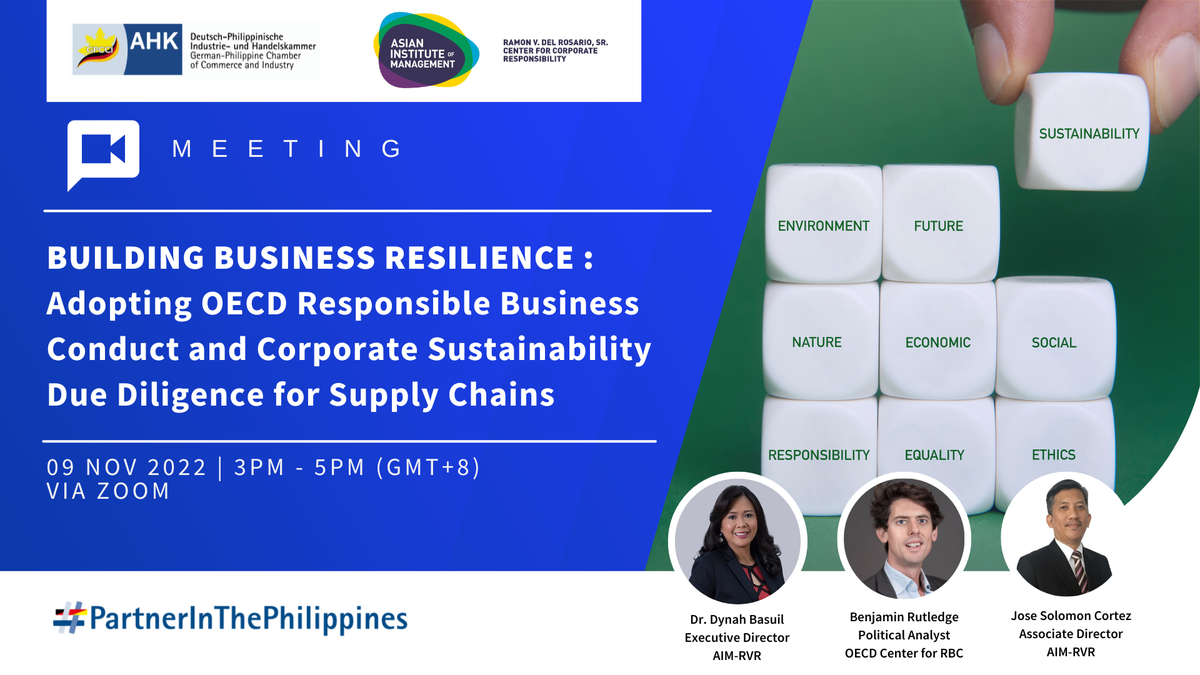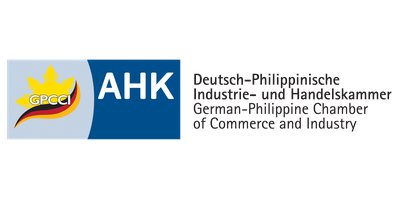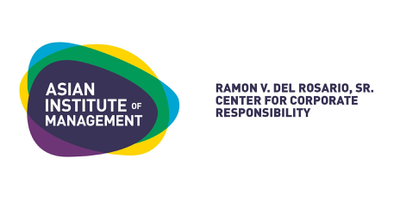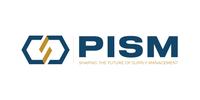Event Details
Until the mid-2010s, few investors paid attention to information about companies' carbon footprints, fair labor policies, diverse board composition, and so forth. Today, sustainability measures such as reducing waste, strengthening relationships with external stakeholders, and improving risk management and compliance are gaining more and more ground as good business hygiene practices. In many industries, such efforts to mainstream corporate responsibility in the organization are driving transformational change for enterprises aiming to remain competitive, and aspiring for long-term sustainability are the ones that seriously embed RBC principles in both strategy and operations.
In an increasingly global yet volatile business landscape, stakeholders – from corporate buyers, private/public investors, and regulators to consumers, communities, and potential employees, are expecting companies to behave responsibly when dealing with their economic, environmental, and social impacts. Companies that incorporate an environmental, social, and governance (ESG) framework in the way they do business can benefit greatly from financial incentives by sustainability-driven investors and access to markets like the European Union that require adherence to responsible business principles. Most importantly, companies can adopt RBC principles and develop their own program to leverage and build a positive employer brand that can provide them more opportunities to retain the best employees and to hire better talent.
As an integral part of value creation, finding opportunities for profitability and competitive advantage will always be a key priority for businesses worldwide and a similar trend is also now emergent in the Philippines as well as the wider ASEAN region. This trend is being manifested among regulators and stock exchanges, as legal and disclosure requirements reflect the need for greater transparency, prompting companies that choose to adopt RBC principles to drive business decisions to embark on ambitious journeys towards their future success. Large organizations are already moving forward with their own sustainability programs with many smaller businesses also following the growing trend. Those that are not acting with urgency will surely be left behind as more companies come under more intense and growing pressure to improve their performance on sustainability-related metrics in the future.
Since the establishment of the EU chambers to promote bilateral trade by supporting the market entry of European companies and representing the Philippines' strongest economic partner in Europe and with its mission to serve as a working platform for the European business community and promote European companies, products, and services, the EU chambers also has under its Business and Society initiatives to advocate for corporate responsibility and sustainable practices – advocacies that align with the core programs of the Center particularly on promoting RBC principles and helping companies integrate them into their long-term corporate sustainability strategy.
While some of the EU executives are already equipped with adequate knowledge of corporate responsibility and sustainability principles and understand the need to urgently implement the agenda, the challenge lies in how these different frameworks relate to RBC which at the moment are also being translated into new EU regulatory requirements that need to be cascaded among GPCCI members as well as their business partners to keep them abreast of ongoing trends and to update them on EU due diligence related laws that might impact their operations.
WEBINAR OBJECTIVES:
Given the aforementioned background, this webinar will seek to provide the EU business community in the Philippines with a unique opportunity to advance their knowledge of responsible business conduct and OECD risk-based due diligence as well as related EU laws that require the adoption of RBC due diligence processes to also help in the drive for more sustainability initiatives in the Philippines.
Specifically, the webinar will provide an opportunity to:
- Explore how OECD tools and instruments on RBC can support the GPCCI and its members in building societal resilience;
- Exchange experiences on progress and challenges in implementing corporate responsibility and sustainability programs as well as resiliency in supply chains; and
- Share information on the role of RBC in building resiliency in supply chains in light of current EU initiatives related to implementing Supply Chain Due Diligence laws i.e. German Supply Chain Due Diligence Act (Lieferkettengesetz).
Nov 9, 2022
3:00 PM - 5:00 PMGMT+8
Agenda
- 3:00 PM - 3:15 PMWelcome Remarks and Introductions
- 3:15 PM - 3:20 PMIntroduction of the AIM Ramon V. del Rosario Center for Corporate Responsibility
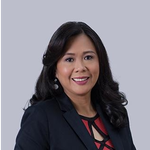
Dr. Dynah Basuil
Executive Director of AIM Ramon V. Del Rosario Center for Corporate Responsibility
- 3:20 PM - 3:30 PMThe OECD Responsible Business Conduct (RBC) Principles and Due Diligence Framework
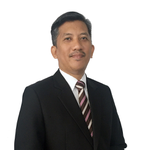
Jose Solomon Cortez
Associate Director of AIM Ramon V. Del Rosario Center for Corporate Responsibility
- 3:30 PM - 3:45 PMResponsible Business Conduct (RBC) and Emerging trends and expectations on Supply Chain Due Diligence

Benjamin Rutledge
Political Analyst at OECD Centre for Responsible Business Conduct
- 3:45 PM - 4:00 PMModerated Q&A
- 4:00 PM - 4:10 PMBreakout session: Identifying opportunities for collaboration and use of the OECD e-Learning Academy platform to facilitate adoption of RBC due diligence frameworkKey questions (participants to be divided according to industry/sector):
• What are the challenges related to RBC in your industry/sector and how can the RBC principles and the OECD e-Learning Academy platform be leveraged to address the challenges?
• What support do you need from the OECD / AIM RVR Center, GPCCI, and government to facilitate the adoption of the RBC due diligence framework?
Note: Participants will be requested to go to breakout rooms to discuss the guide questions to be moderated and documented by AIM RVR Center/GPCCI
This will be followed by sharing the key points or issues raised during the plenary.
Small group to nominate among themselves who will be reporting in the plenary session. - 4:10 PM - 4:30 PMPlenary Sharing
- 4:30 PM - 4:40 PMSynthesis
- 4:40 PM - 4:45 PMClosing Remarks
Speakers

Dr. Dynah Basuil
Executive Director of AIM Ramon V. Del Rosario Center for Corporate Responsibility
Read Bio
Benjamin Rutledge
Political Analyst at OECD Centre for Responsible Business Conduct
Read Bio
Jose Solomon Cortez
Associate Director of AIM Ramon V. Del Rosario Center for Corporate Responsibility
Read Bio
Alexander Schmidt
First Secretary for Political Affairs at German Embassy Manila
Read Bio
